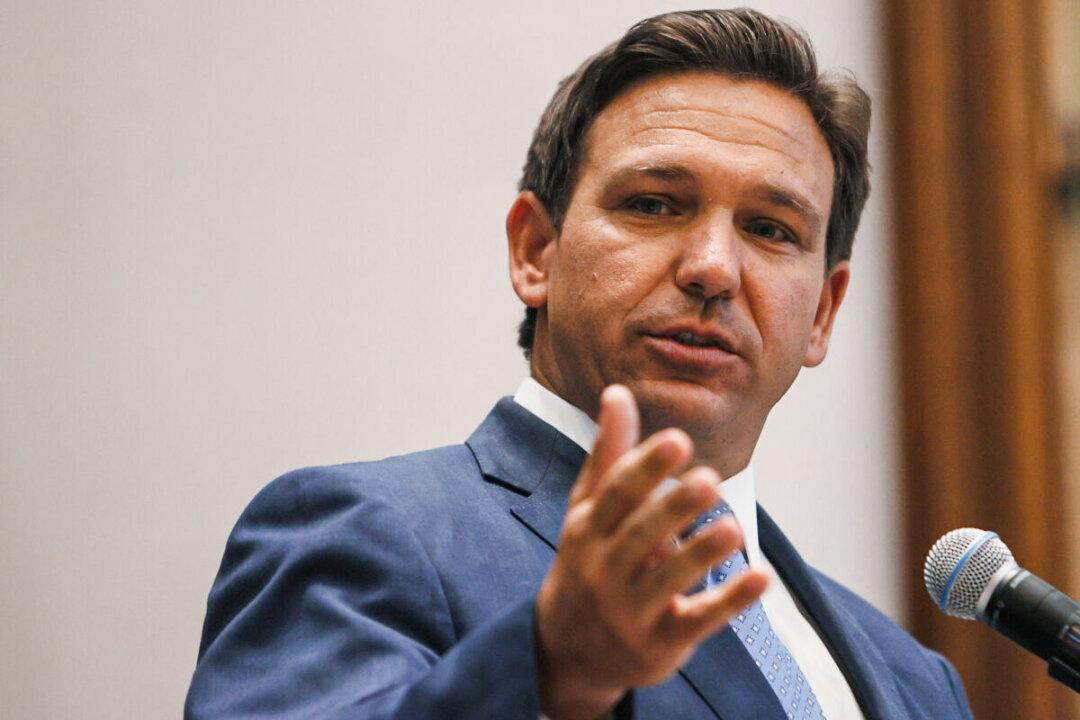Florida is leading the way on rational guidance regarding the risks and benefits for children and COVID-19 vaccines, Gov. Ron DeSantis said on March 16 as he defended the state’s new guidance.
Florida Surgeon General Joseph Ladapo, a DeSantis appointee, on March 8 issued the guidance for parents, asserting that the risks to their child from getting a jab may outweigh the benefits.






